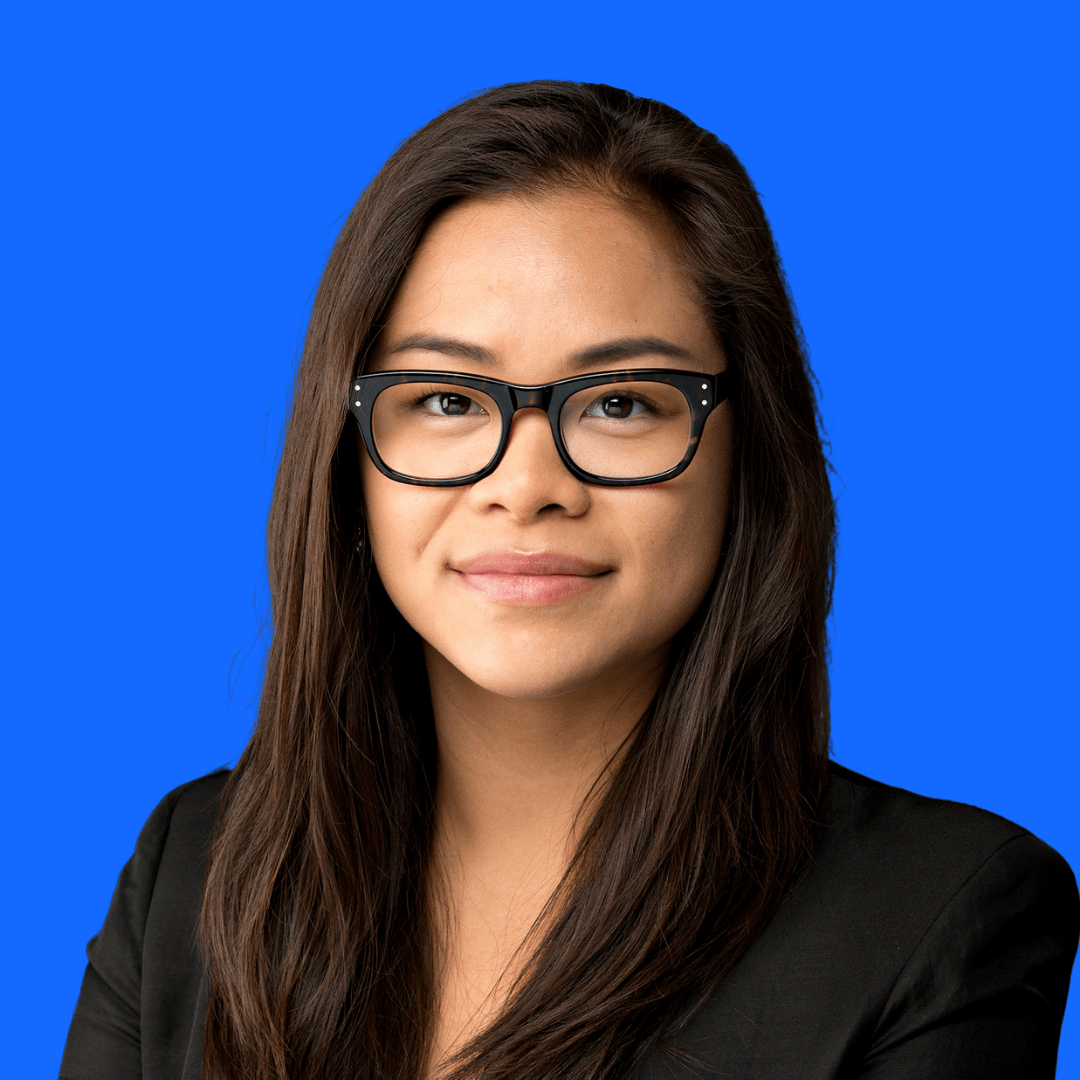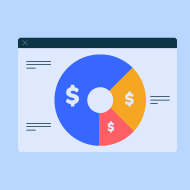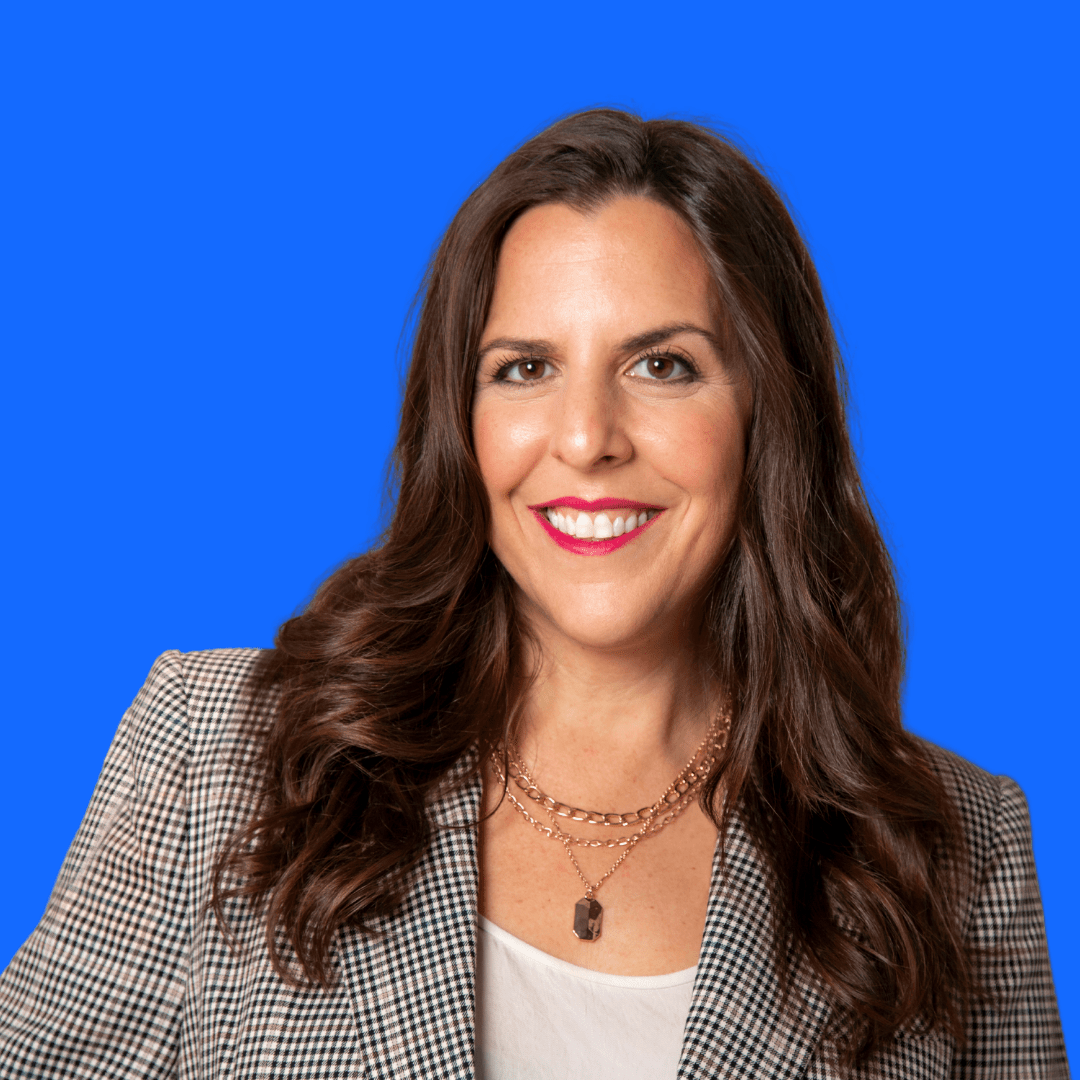The Crunchbase “Female Founder Series,” is a series of stories, Q&As, and thought-leadership pieces from glass-ceiling-smashers who overcame the odds and are now leading successful companies.
If you told me when I was a freshman in college that in a little over a decade I would co-found a successful tech startup, I would have laughed in your face. I wouldn’t have been able to wrap my head around the fact that one day I’d be a co-founder and the vice president of mobile engineering at Swiftly — a company that’s revolutionizing how brick-and-mortar retailers do business. But it took hard work and persistence to get where I am today — especially in a male-dominated space.
There’s a scarcity of women in senior tech leadership positions and men still vastly outnumber women. But I’m hopeful that will change. Truth be told, my entrepreneurial journey in the male-dominated world of tech could very easily have ended while I was still an undergraduate at Cornell.
Persistence is key
At my alma mater, engineering majors were required to take one programming class. I walked into my very first computer science class thinking, “How hard could this be?” Turns out it was pretty hard. There’s no delicate way to put this, so I’ll be blunt — I sucked. For the first time in my life, I was undeniably terrible at something I tried. I met with the teacher’s assistant for extra help and went to the slotted office hours every chance I could, but it just didn’t click. Why wasn’t coursework clicking for me? I was baffled.
I think for most people, if you’re experiencing this much difficulty — that’s a pretty big signal that you’re just not good at something and should pivot. But I was insistent on not giving up — so I didn’t. I continued seeking out extra help from my TAs and continued taking computer science classes. By the third or fourth class, something funny happened: I realized I actually liked programming.
In fact, I was beginning to fall in love with it. I was so in love with programming that I eventually earned my master’s degree in computer science from Cornell and became one of the TAs that I used to pester for extra help. When I wasn’t helping teach classes, I was spending my office hours mentoring women who were just like me. The women were bright and driven, but a little afraid that they would be judged by their mostly male classmates if they were vocal about needing help. They were suffering from imposter syndrome, but were determined not to let that stand in the way of their success. Just like me, they needed support.
Mentorship spurs inclusivity
In my experience, women are far more comfortable approaching other women for help — so I made it a point to always make myself available to mentor other women interested in tech whenever possible. I was starting to thrive in a discipline where I’d previously struggled, so I felt a responsibility to pay it forward and help women grow and nurture their interests.
One of the most rewarding experiences of my professional life was teaching programming at the Hackbright Academy, an engineering school designed to help women achieve careers in tech. With my students, I was very open about the difficulties I encountered learning programming. If you’re a woman who is struggling yourself, I think it really helps to hear someone like me say, “I was awful at this, but somehow I’m still teaching this class, so I must have done something right. And you can do it, too. I’m not any different than you are.”
Align your values and goals with colleagues
The challenges didn’t stop when I finished school. If I thought computer science classes could be hostile or unwelcoming to women, I was in for a rude awakening when I started navigating a career in Silicon Valley.
Every woman in tech I’ve talked to has their own career challenges, and I’m no exception. I discovered that I have a strong entrepreneurial spirit and I love building things, so I relocated to San Francisco with dreams of creating exciting, revolutionary products. Naturally, I was delighted when a colleague introduced me to a gentleman who was interested in founding a startup with me. Unfortunately, that excitement was short-lived and irreconcilable differences left my startup dreams dashed. Failing to launch my first company left me with insecurities and self-doubt. I started asking myself, “Do I have what it takes to make it as a woman in Silicon Valley? Do my male colleagues not value my skills and talent?”
It turns out that the same persistence that inspired me to power through my difficulties learning programming also inspired me to power through this awkward encounter undeterred. It also taught me a valuable lesson; it’s important to work with people who have goals and values that are similar to yours when partnering on a new endeavor. I became adamant that I deserved co-founders who accepted me on a professional level and respected me as their colleague and peer.
Lead by example
The story of my co-founding Swiftly begins with my tenure at the startup Symphony Commerce, a multichannel commerce platform. While there, I spent four years working on challenging and high-stakes projects. I built a lot of really great things, including our subscription mode and the self-checkout model. About a year after I left Symphony, the co-founder Henry Kim approached me with the idea of building a product in the grocery retail space. I couldn’t have been more excited. I knew Henry had an impressive track record for founding successful companies and I was ready to join in.
At Swifty, not only have I built the features that enable the platform to help consumers vastly improve their shopping journeys — thus saving them time and money in the process — but I’ve also built and currently lead an amazing team of engineers working to make the platform an increasingly sleek, elegant and functional retail solution.
Working with accomplished visionaries that reciprocate the admiration and respect you have for them, is exhilarating on its own. But the best feeling in the world is seeing a product you helped develop from scratch succeed out in the world. I’m not just talking about pitching an idea of a grand vision, but actually making it come to life.
I think my greatest accomplishment was building our stellar mobile engineering team. I’m a big believer in surrounding myself with brilliant people who are always pushing me to be better, and my leadership has been particularly effective because I’m always eager to get hands-on and help out however I can. I’ve spent hours figuring out how to reproduce a bug on an Android before helping the developer identify what was causing the problem. Every day is a new challenge when you’re at the helm of a startup — but that’s what makes it so exciting.
An equitable industry starts with mentoring other women
Right now there’s a scarcity of women in senior tech leadership positions and men still vastly outnumber women. But I’m hopeful that will change. Every now and then, women I’m acquainted with tell me that I’ve inspired them to pursue careers in tech. Some women have reached out to say they heard me tell my story, immediately enrolled in a bootcamp, and now are engineering managers at established companies. One woman reached out to tell me that she is now in a senior technical role at an app that’s long been a household name. These stories don’t have to be outliers. We can work together to create an industry that is more equitable and we can do it if we create inclusive spaces where women can feel comfortable reaching out for help and guidance. All it takes is a little support and a few more women in senior technical roles paying it forward.


Karen Ho is co-founder of Swiftly — a technology platform for supermarkets that brings the advantages of e-commerce to brick-and-mortar stores. In her current role, Karen oversees all mobile engineering and is focused on delighting grocery shoppers. Prior to Swiftly, she worked as the lead engineer for the merchandising team at Symphony Commerce, where she built tools to enable brands to customize, manage, and showcase their products. In addition, she built a beautiful checkout experience that is still widely used today.
Ho received a bachelor of science in material science and engineering and a master of science in computer science from Cornell University. She is based in San Francisco.





